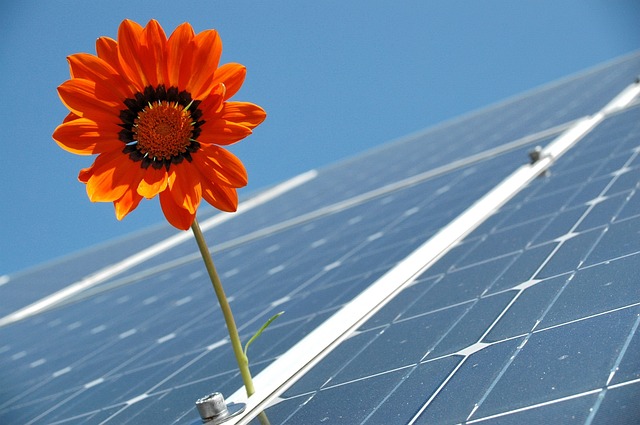As a homeowner, you have many options to meet your energy needs. One of the most environmentally friendly options is to use photovoltaic systems. For this reason, we will cover how and why it can be worthwhile for ordinary homeowners to use and set up photovoltaic systems. In addition, you will learn how to choose the right system and what returns you can expect from it.
What should homeowners know?
Before we get into why it pays to use photovoltaic systems, we should first look at some basic information. Photovoltaic systems convert solar energy into electrical energy that can be used to power electrical appliances in a home. These systems consist of solar cells that are installed on a roof or other surface.
This way, electricity is generated that is not produced by burning fossil fuels, so no CO2 is emitted in the process. Most citizens don’t know it. But since the phase-out of nuclear power in Germany, about 30-40% of Germany’s electricity needs are met by coal. About 10-20% by burning natural gas. In view of such figures, one might think that we are living in the Stone Age. Whereby these quotas can change greatly. In winter there is little sunshine and the wind does not always blow. Fortunately, more renewable energy tends to be generated in the warmer months.
What does it cost to purchase a photovoltaic system?
The cost of photovoltaic systems varies depending on the size and complexity of the system. A typical system for a single-family house costs between 5,000 and 10,000 euros. However, there are government subsidy programmes and tax benefits that can lower the cost.
How do you choose solar cells or PV systems?
There are different types of solar cells and PV systems on the market. It is important to choose a high quality system to ensure high efficiency and long life. Homeowners should research the different types of solar panels and systems and get quotes from different suppliers to find the best deal. You may be able to team up with neighbours, buy from solar wholesalers together to make even greater savings.
When is such a purchase worthwhile?
Investing in a photovoltaic system is usually worthwhile if you think long-term. It may take a few years until the investment has paid off, but after that you can benefit from energy produced free of charge. The higher the price of electricity, the faster the investment pays for itself. The location of the house also plays a role. Houses that are located in sunny areas are better suited than houses that are located in shady areas.
What are the weak points of PV systems?
As with any technical system, there are also weak points in photovoltaic systems that may need to be remedied in order to ensure optimum performance and service life. Some of the weak points that can occur in photovoltaic systems are:
- Weathering: The system is exposed to weather conditions such as rain, snow, hail, storms and solar radiation. These can cause the performance of the solar cells to decrease or the system to be damaged. It is important to maintain the system regularly and repair it when necessary.
- Shading: If part of the solar cells are shaded, the performance of the entire installation will be reduced. It is therefore important to ensure that the system is installed in a location where it is sufficiently illuminated by the sun.
- Ageing: Like all electronic devices, photovoltaic systems also age. The solar cells can lose power if they are operated continuously for a long period of time. Regular maintenance and monitoring of the system can help to prolong its life.
- Wiring and inverter: The wiring and the inverter are also weak points, as they are essential for the operation of the system. Poor wiring or a faulty inverter can cause the system to stop working. It is important to monitor these components regularly and to maintain or replace them if necessary.
- Theft: As photovoltaic systems are expensive investments, they are also vulnerable to theft. It is important to secure the system and take measures to prevent theft.
Conclusion
Photovoltaic systems can be a good investment for homeowners who want to meet their energy needs in an environmentally friendly way. Although the cost of a system can be high, subsidy programmes and tax benefits can make the investment worthwhile. Choosing a high-quality system is important to ensure a long life and high efficiency.
